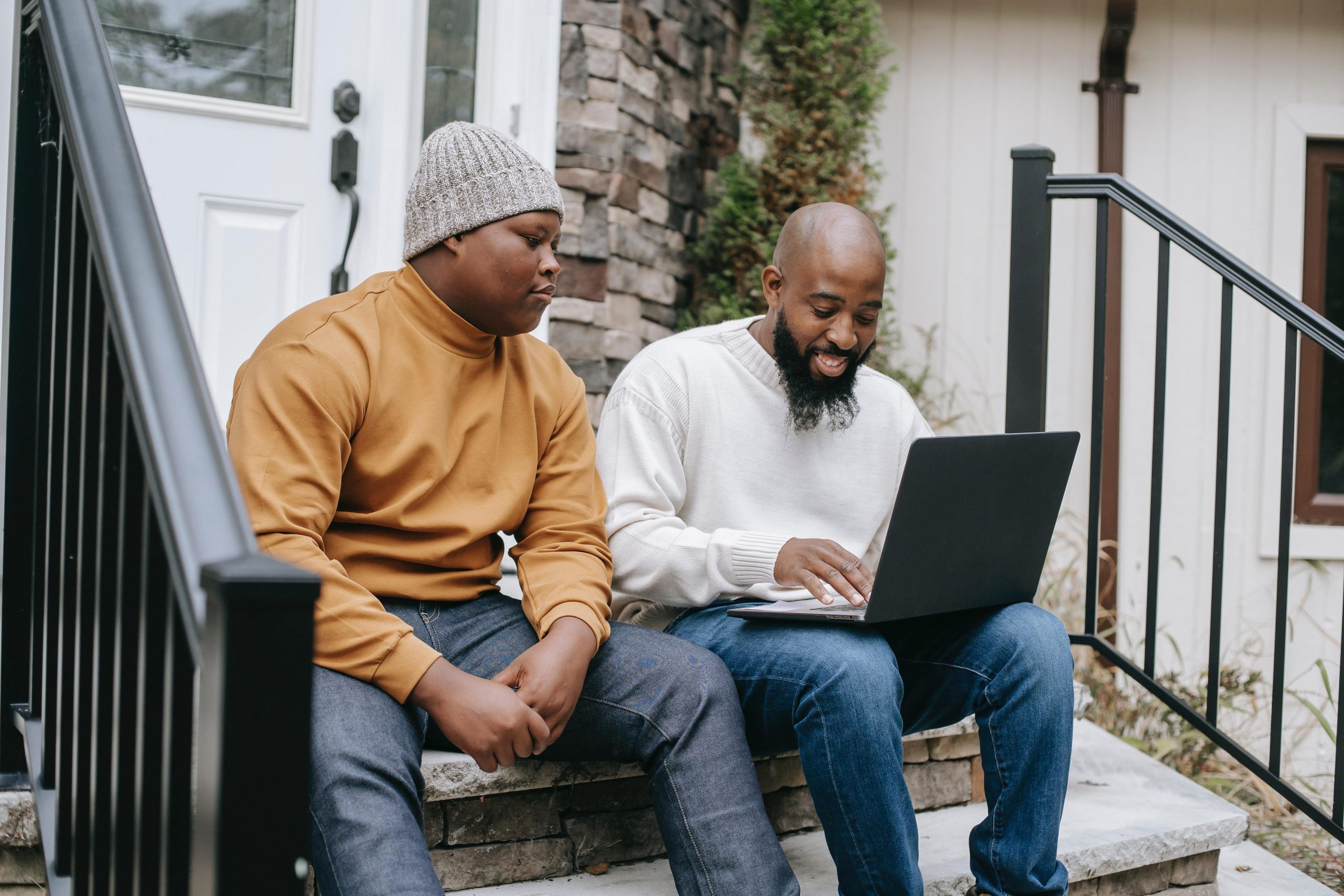
And then they go to school. And the totality of influence you used to have is slighted. Now there are teachers—in Homeroom, PE, Music, Computer, and Spanish. There are new friends. And these little people you at least had the illusion of complete influence and control come home saying things and doing things and repeating things you never heard or saw before. Not necessarily bad, but different.
And I find myself repeating, “Who says that? Who does that? Where did you hear that?”
When our kids go to school it creates a sort of identity crisis for us as parents, but as I’m listening to the things I hear Asher say, and observe the new things he has begun to do, I’m realizing this is as much an identity crisis for him as it is for me.
Going to school is making our kids’ worlds larger than it has ever been. And whether they can vocalize it or not, it is disorienting. It is overwhelming. It can make them feel like they’ve lost their bearings. They’re trying on new words, phrases and behaviors, searching for who they are as individuals, but also who they are and how they rank in the world around them. And that can make parents feel disoriented and overwhelmed—like we too have lost our bearings.
So what do we do?
Pulling our kids out of school and living on a self-contained commune with no interaction or influence with the outside world is not an option for us. But trust me when I say, I’ve considered it.
I think it comes down to doing these three things:
1. Ask great questions: When kids go off to school, it can be tempting to feel a weight of responsibility lifted. (I know because I feel it.) For those eight hours, someone else is in charge. But that just means we have to get even better at finding out what’s happening when we aren’t around. Not by drilling, poking or prodding. But with curiosity. And tone is everything. Are we accusatory, or curious? Are we judging them—and their friends—in our questions, or simply trying to learn more about the world that doesn’t include us as completely as it once did?
2. Pay close attention: Make the effort to be as involved as you can. Volunteer in the classroom, on the sports teams, come in and have lunch. Be an observer of their new world so you can pick up on the dynamics happening in and around the school and your child they may not necessarily be as in tune to. When you have a better idea of the bigger picture, you’ll be able to parent accordingly.
3. Up the cheerleading: Let’s be honest. The world is brutal. Sometimes the messages our kids receive outside of our care hurt. They feel like they don’t measure up, like they don’t have good enough friends, like they can’t quite fit, like they aren’t the best at anything. And this can break a parent’s heart. How do we even begin to parent our kids out of or through this? As tempting as it can be, the best option isn’t to simply tell them the opposite.
- “I feel like I don’t have any friends.” “You have plenty of friends!!!!”
We need to make positive and intentional deposits of encouragement that are not reactive, but proactive. When they feel like they don’t have friends, we comfort them and console them. And then we catch them being a good friend to their brother or sister, or being kind or compassionate to us and call them on it. “I love how thoughtful you were to clean your room without asking. That’s something I’ve noticed in you. Your ability to see something that needs to get done and then doing it for someone is such a good quality to have.”
I used to be under the impression that the most labor-intensive years were the early ones. And to a degree, they are. But the years following are labor intensive too—in a different way. And if we aren’t careful, we’ll confuse different work to mean lack of work and miss out on walking our kids through some challenging phases—phases they need us for, even if they can’t vocalize it.
As our kids change, let’s commit to changing with them, meeting them where they are, and walking through whatever comes next, together.



